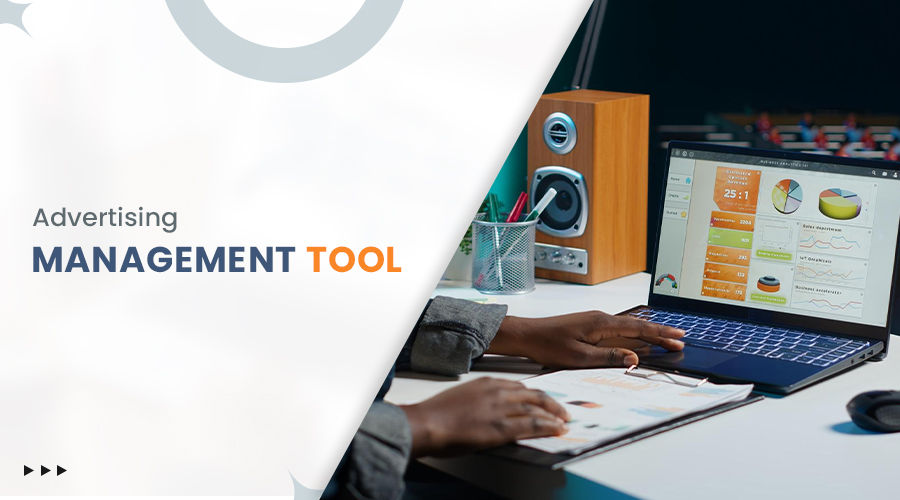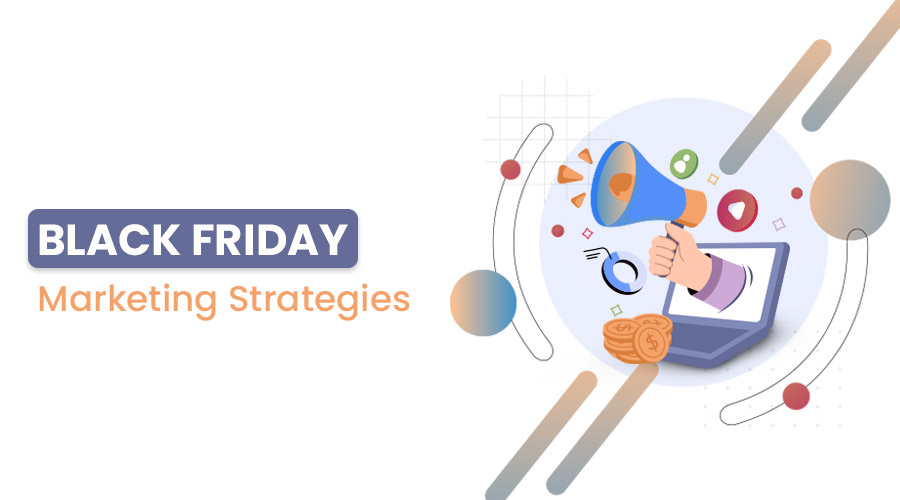Running ads today isn’t as simple as it used to be. Businesses now have to manage campaigns on different platforms like Google Ads, Meta (Facebook and Instagram) Ads, LinkedIn Ads, and more. Each platform has its own rules, audience types, and performance data, which can make managing everything at once time-consuming and confusing.
That’s where an advertising management tool comes in. The right tool helps you keep all your campaigns in one place, track results in real time, and make smarter decisions. It can save you hours of manual work, prevent wasted ad spend, and boost your return on investment (ROI).
But here’s the big question: with so many options out there, how do you find the one that’s right for your business?
We will try to explore that in this blog!
So, keep reading!
In a Nutshell
- Define Your Advertising Goals First: Knowing whether your focus is helps you choose tools with the right features.
- Focus on Features That Drive Results: Look for tools that offer campaign management, audience targeting, budget control, automation, and performance tracking.
- Consider Scalability, Pricing, and Reliability: Choose a tool that fits your budget now, can grow with your business, and ensures secure, consistent performance.
- Test, Support, and Usability Matter
Make the most of demo periods, evaluate UI/UX quality, and ensure good customer support and resources
A Guide to Choosing Advertising Management Tools for Your Business
Understand your Advertising Goal to Pick Up the Right Feature
Before choosing any ad campaign management software, it’s essential to know exactly what you want to achieve with your ads. Are you trying to?
- Make more people aware of your brand?
- Get new leads or sign-ups?
- Increase product sales?
- Bring back visitors who didn’t buy the first time (remarketing)?
- Your goal will guide you towards the right tools.
What Key Features Should You Look for in an Advertising Management Tool?
Any reliable advertising management software should be able to do the following:
Campaign Set Up and Management
- Create, launch, and organize ad campaigns across platforms from an intuitive dashboard.
- Bulk ad creation and editing of different ad formats
- Managing various ad formats ( images, videos, text]
- Ad scheduling and automated optimization options
- Automation and AI optimization
Budget Management
- Dynamic budget allocation across campaigns and channels.
- Automated spend tracking, bid adjustment, and budget allocations
- Set daily, monthly, and long-term budgets
Audience and Demography Targeting
- Advanced segmentation by demographics, interests, and behaviour
- Improves ad relevance and engagement
- Improves keyword targeting
- Retargeting capabilities for generating qualified leads
Performance Tracking and Reporting
- Real-time insights into how your ads are performing
- Automated report generation and KPI visualization.
- Integration with third-party analytics tool
How to Select the Right Ad Campaign Management Tool?
Look for a Wide Range of Features
- Choose a tool that gives comprehensive PPC marketing features that help in marketing automation for ads. It should let you create campaigns, manage budgets and ad creative, A/B testing, target audiences, and track performance all in one place.
- Make sure it supports all platforms you plan to advertise on, including Google, Meta, LinkedIn, and others.
Consider Pricing and Scalability
- Budget is another important factor for SMEs. Here, finding small business advertising tools that fit your current budget is necessary. It all starts with getting a clear price, so you don’t face hidden costs or charges.
- Think long-term: the tool should have a scalable feature that adapts to the requirements as your business scales. This includes handling more complex campaigns, bigger budgets, or additional ad channels as your needs expand.
Reflect on Security and Reliability
- Another quality you should look for while selecting ad tracking and analytics tools for your business is their security and reliability. Your tool should keep all your campaign and customer data safe by adhering to end-to-end, industry-standard privacy and security practices.
- Ad campaign management software should deliver a consistent performance. The software with consistent performance — you don’t want missed opportunities because the tool isn’t reliable.
Make the Most of the Demo Period
- Take full advantage of free trials or demo periods. Remember, it’s an opportunity to test all major features to see if they really fit your workflow.
- Use this time to evaluate how easy it is to set up campaigns, monitor performance, and generate reports with your ad tracking and analytics tools. Understanding how these tools work in practice can help you make an informed decision when choosing digital marketing tools for your business.
Check Support and Resources
- Another crucial aspect of selecting ad budget management software is to check the support and resource levels. Make sure you get responsive customer support whenever you run into issues.
- There is enough support through detailed documentation. They also have a community forum where you can put up your question and receive expert advice. These resources can speed up onboarding and help your team use the tool efficiently.
Never Forget About the UI/UX Quality
- A clean, intuitive interface saves time and reduces errors, making campaign management smoother.
- Good UI/UX also means your team can navigate quickly, access key insights, and act on data without frustration.
Pro tips
Even the most feature-rich advertising management tools are only effective if they match your team’s workflow and business goals. Prioritize tools that balance functionality, ease of use, and scalability to get the best results.
Final Thoughts
Finding the right advertising management tools and ad campaign management software is not about picking the most popular one, it’s about choosing what fits your business goals and workflow. Start by knowing your advertising goals, then focus on tools that offer the right features, scalability, and dependable support.
Remember, the “best tool” will look different for every business. A small company may need something simple and affordable, while a growing brand may seek advanced analytics and automation.
If you’re unsure where to start, the expert at our digital marketing company can help you choose and set up the perfect advertising management tool to get the best results for your business.
Frequently Asked Questions
How should you select the best advertising management tools for your business?
You should select the best advertising management tools for your business by considering the features, scalability, support, resources, Integration, and more.
What are the things to keep in mind while picking up an ad platform?
Ad goal, Automation capabilities, Integration, audience fit, demo, ease of use, reliability, and security are some of the things to keep in mind while picking an ad platform.





